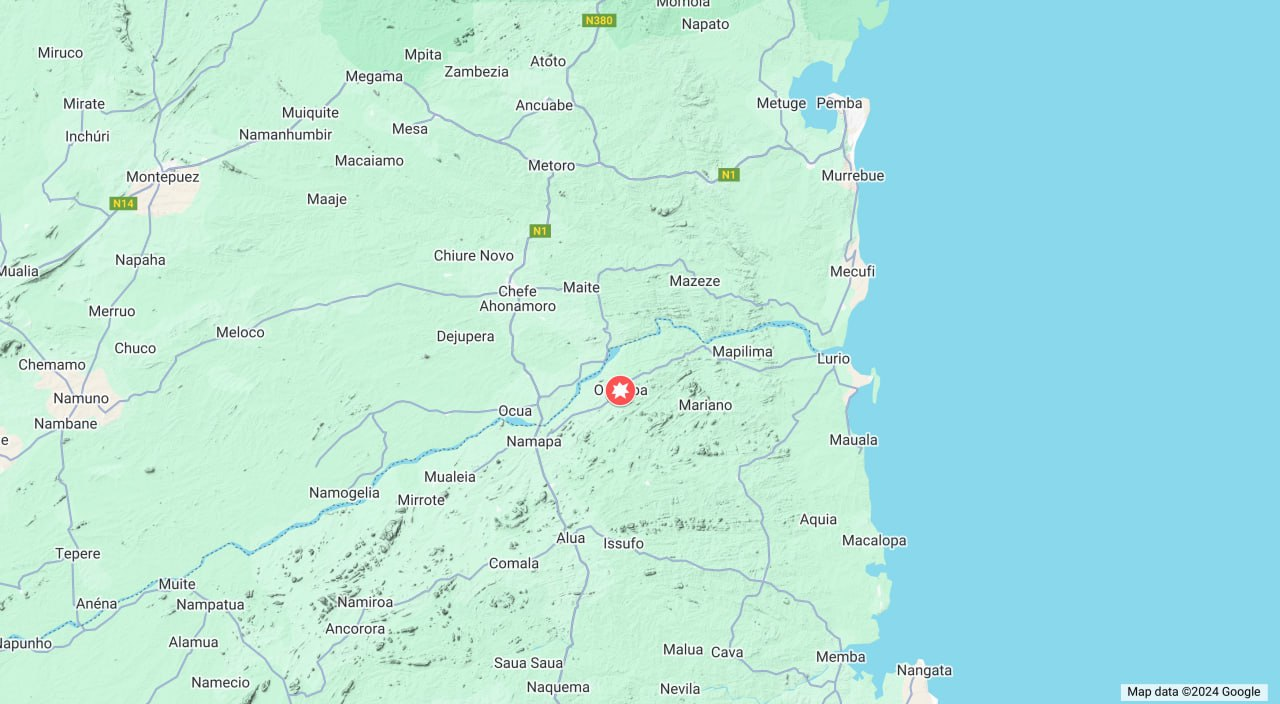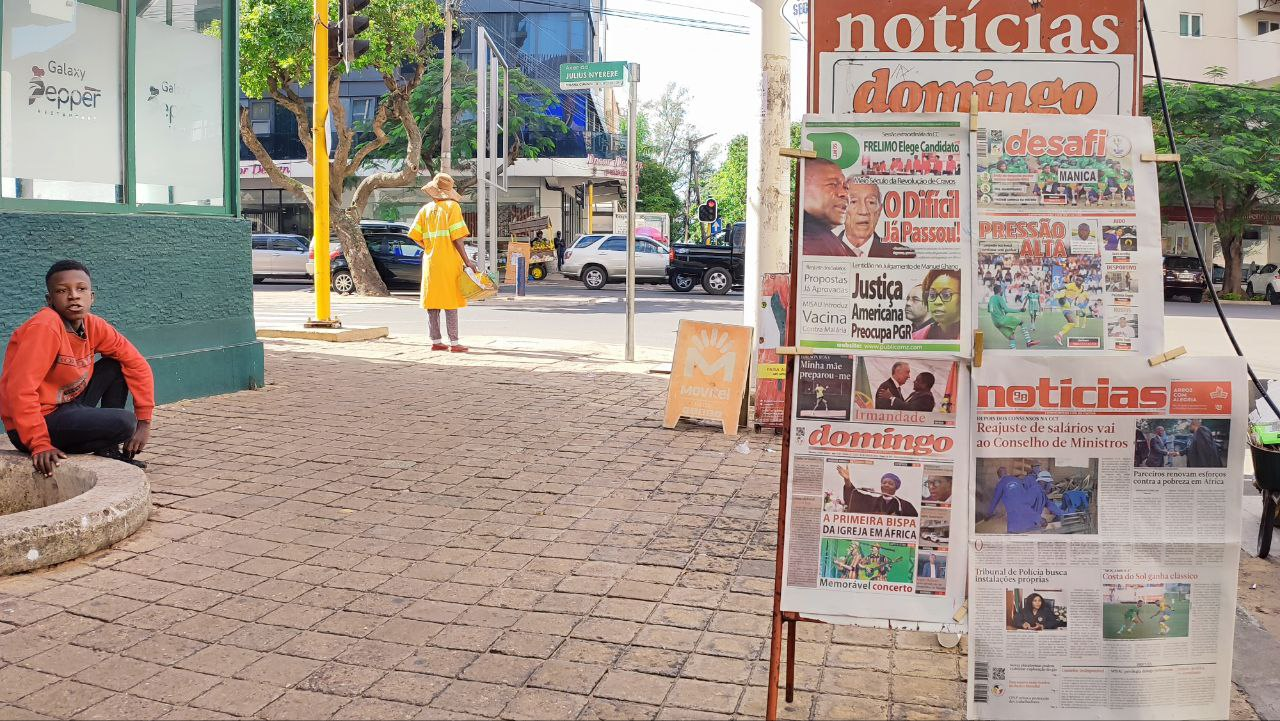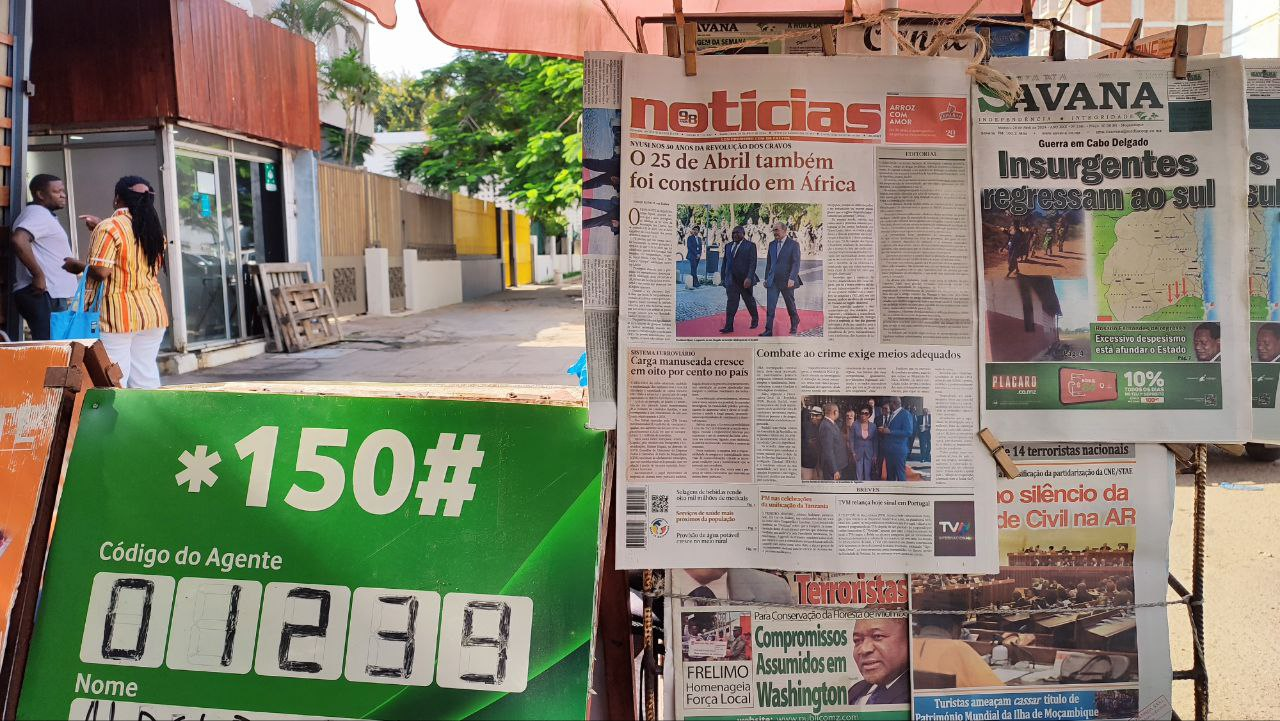Hello, on a sombre day in Mozambique. The country is in the headlines around the world today after almost 100 people died in a shipwreck off the coast of Nampula province. Our thoughts are with the victims and their loved ones.

Today is also a public holiday in Mozambique, observing Mozambican Women's Day. But we have for you a double edition of our free Week in Review — plus a new episode of the Zitamar Podcast, hot off the press.
Subscribe for free to the podcast here: https://pod.link/1207640836
Or listen to the latest episode in Spotify here:
Ruling party Frelimo’s Central Committee met on Friday and Saturday; as you can hear in the first section of our podcast today, the Committee did not go as far as choosing Frelimo’s candidate for October’s presidential election. In fact, despite a flurry of excitement last Thursday and Friday, the process remains as Zitamar described in our free to read Explainer article last week:
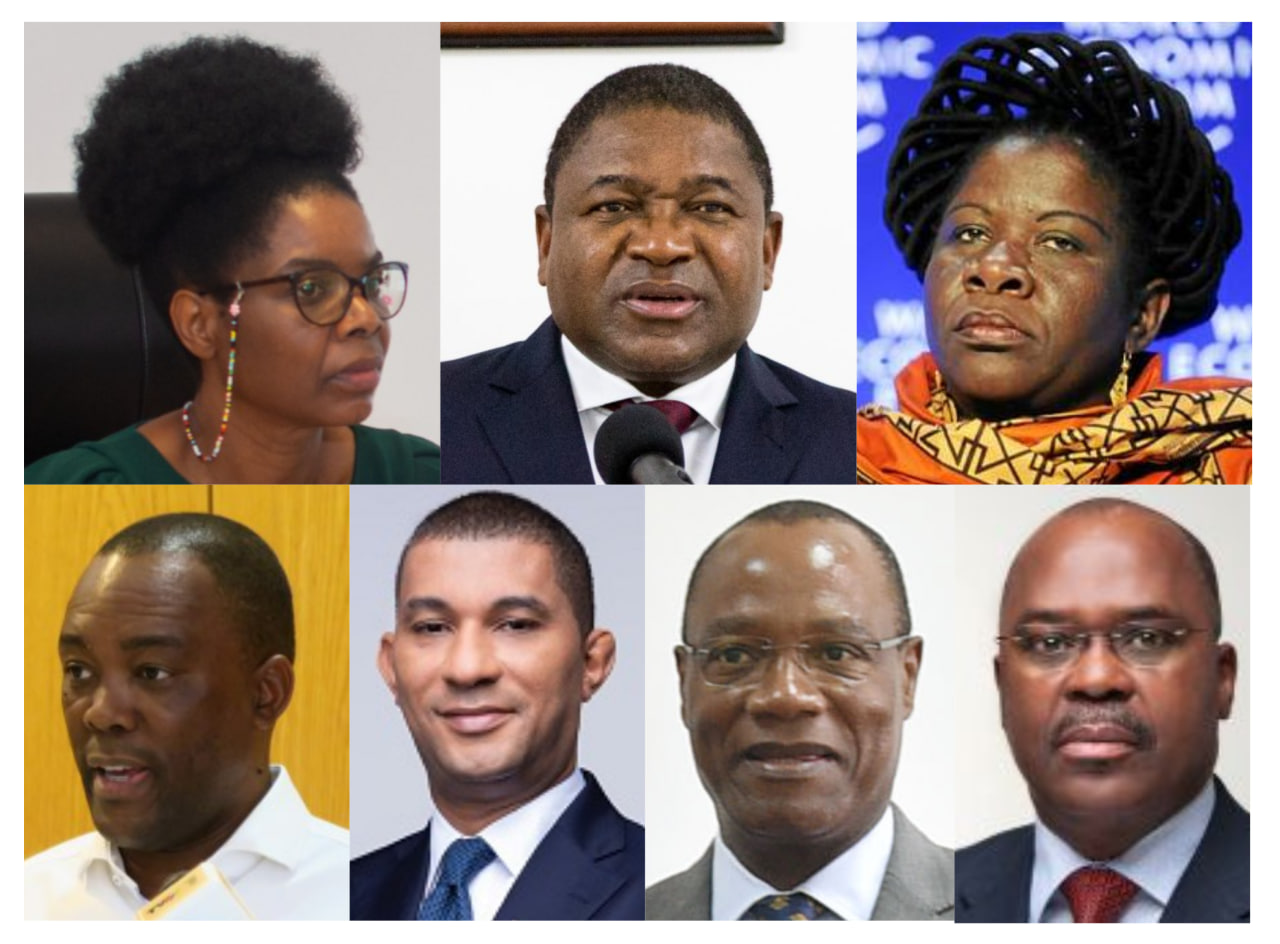
As we write this afternoon, the biggest opposition party, Renamo, is holding a meeting of its Political Commission. Like the Frelimo Central Committee meeting, Renamo’s meeting today should lay the groundwork for the formal selection of the party’s presidential candidate in the next few weeks.
April is a month of public holidays in Mozambique; today the country observes Mozambican Women’s Day, and the week before last we also took Friday off for Easter, meaning no Week in Review was produced then. So for a round-up of that week's news, keep scrolling. Last week comes first, then the week before that is below.
Have a great week.
Week in Review
Monday
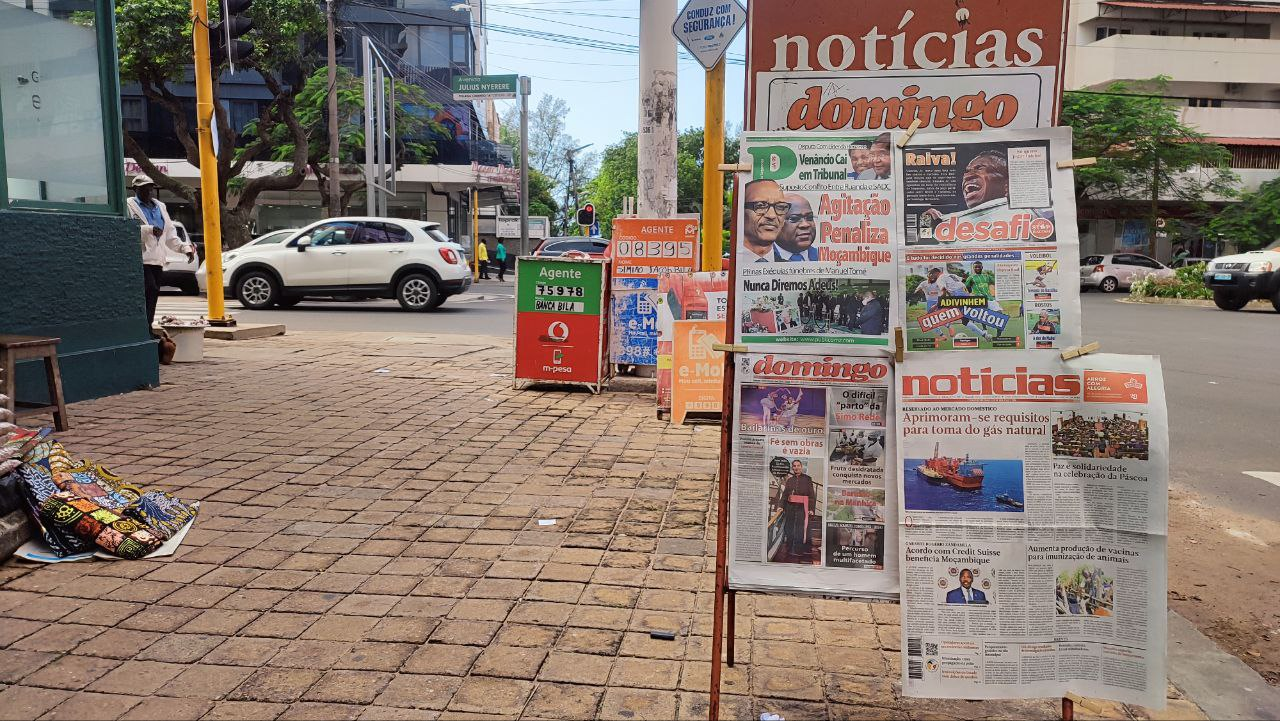
What is at stake is how open a selection process Frelimo is going to have for its candidate. Having a discussion at the next Central Committee would clarify that an open process of nomination and canvassing was officially allowed. This would allow the next committee meeting to vote on a shortlist of candidates, probably requiring a second vote on the two highest- placed candidates. This is in fact what happened when Frelimo chose Nyusi as its candidate in 2014.
The alternative would be to leave the shortlisting in the control of Frelimo’s Political Commission, which would then be expected to produce a list of three names, one of which would be the anointed candidate of Nyusi — although as we reported recently, it looks like Nyusi’s candidate may have to be a compromise between his wishes and those of his party elite. In that situation, anyone trying to add any name to the ballot paper would be doing so unofficially and would stand very little chance.
Tuesday
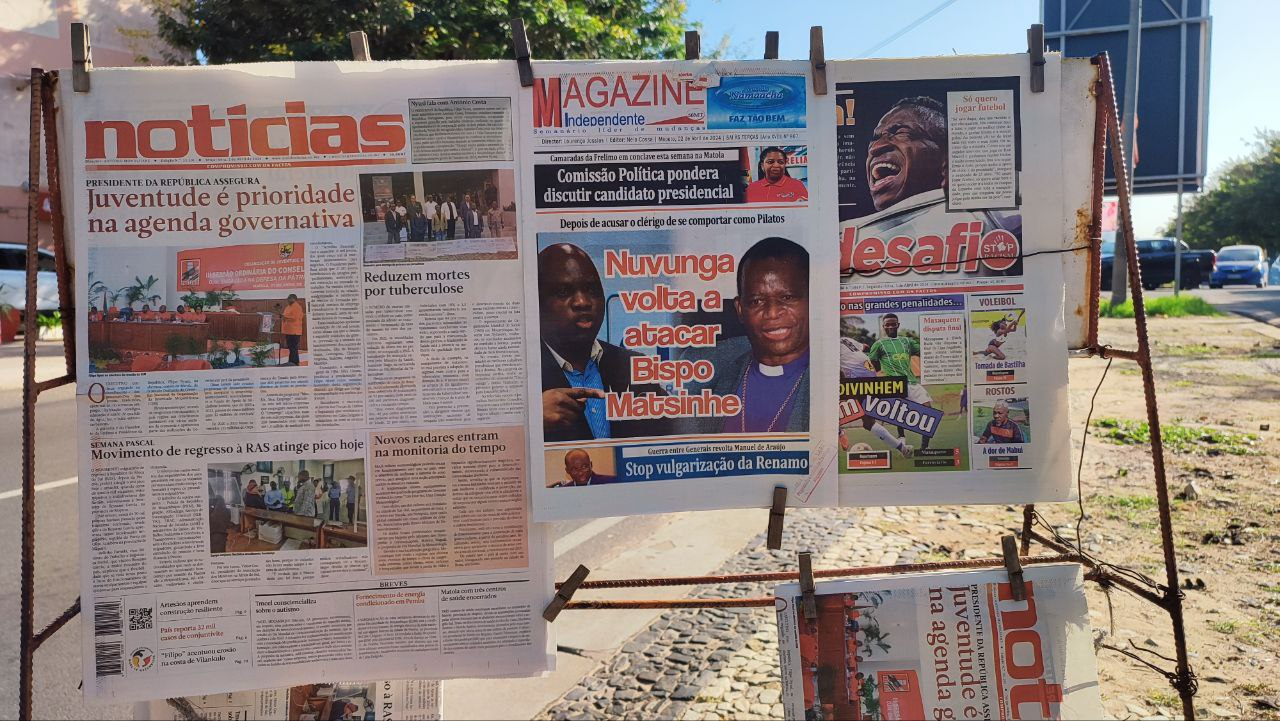
According to information from a local source, five litres of cooking oil in Mueda currently costs MZN1,000 ($16), and 20 litres of fuel costs MZN3-4,000, compared to MZN200 and less than MZN2,000 in the city of Maputo (where wages are higher). The prices of rice and sugar have also risen. Locals who are unable to grow their own food are facing hunger and malnutrition.
Other towns in northern Cabo Delgado are also affected by price rises, but Mueda seems to be the worst, as it is remote from both the sea and the Tanzanian border, and so cannot easily be supplied from either. But even in Mocímboa da Praia district, on the coast, food shortages have driven some locals to despair. Aid agencies have been supplying some food, but not enough.
Wednesday
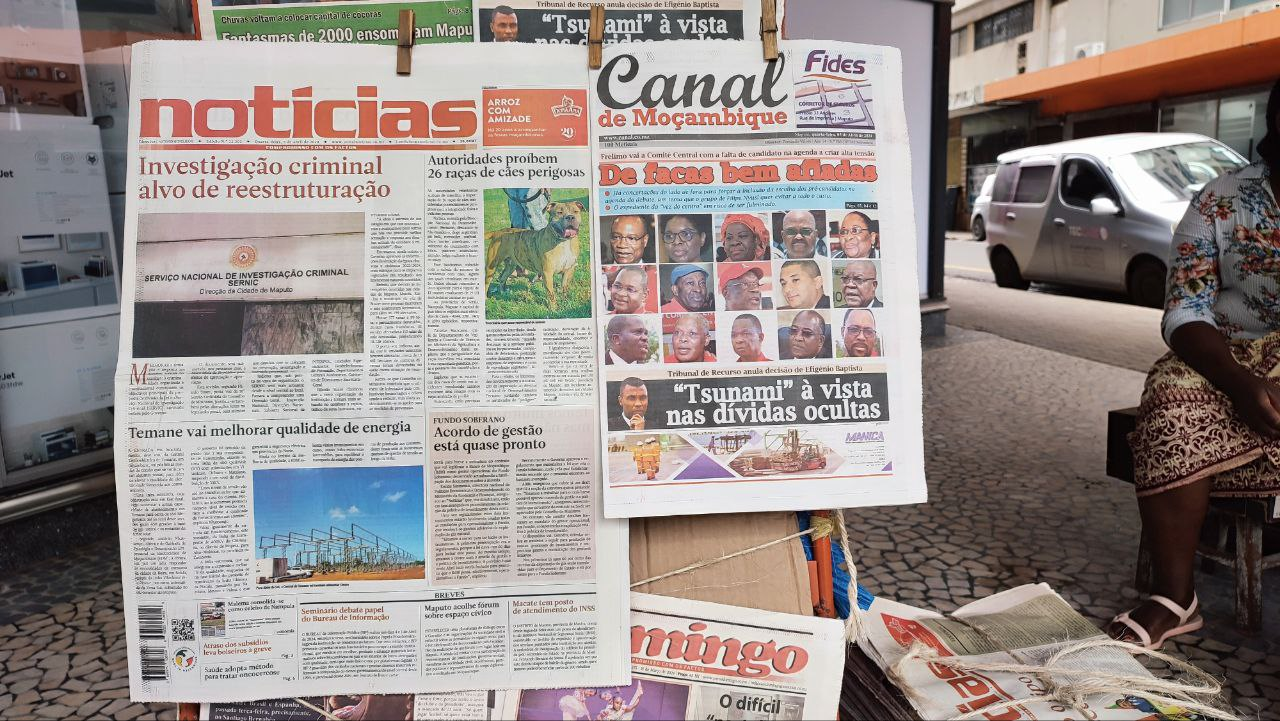
Samora Machel junior presents manifesto to be presidential candidate (Savana, Evidências)
Samora Machel junior, the son of Mozambique's first president Samora Machel, could present his case to be ruling party Frelimo’s presidential candidate at the session of the party’s Central Committee scheduled for Friday and Saturday. Machel junior, known as Samito, has already released his manifesto, which the newspaper Savana has published in full. Newspaper Evidências notes that Samito’s manifesto is the first to be publicly known among those Frelimo politicians interested in the candidacy. On Thursday, the former interior minister, Jaime Basílio Monteiro, went to the Língamo jail in Matola, to show solidarity with the people arrested in connection with the so-called “hidden debts” or “tuna bond” corruption scandal, according to Evidências. The visit, the newspaper reports, was interpreted as a search for support from that group, considered to be victims of political persecution by the current government of President Filipe Nyusi. The former agriculture minister, José Pacheco, and the current one, Celso Correia, have recently retreated from public exposure and opted for a strategy of silence in their campaigns, according to Evidências.
Thursday
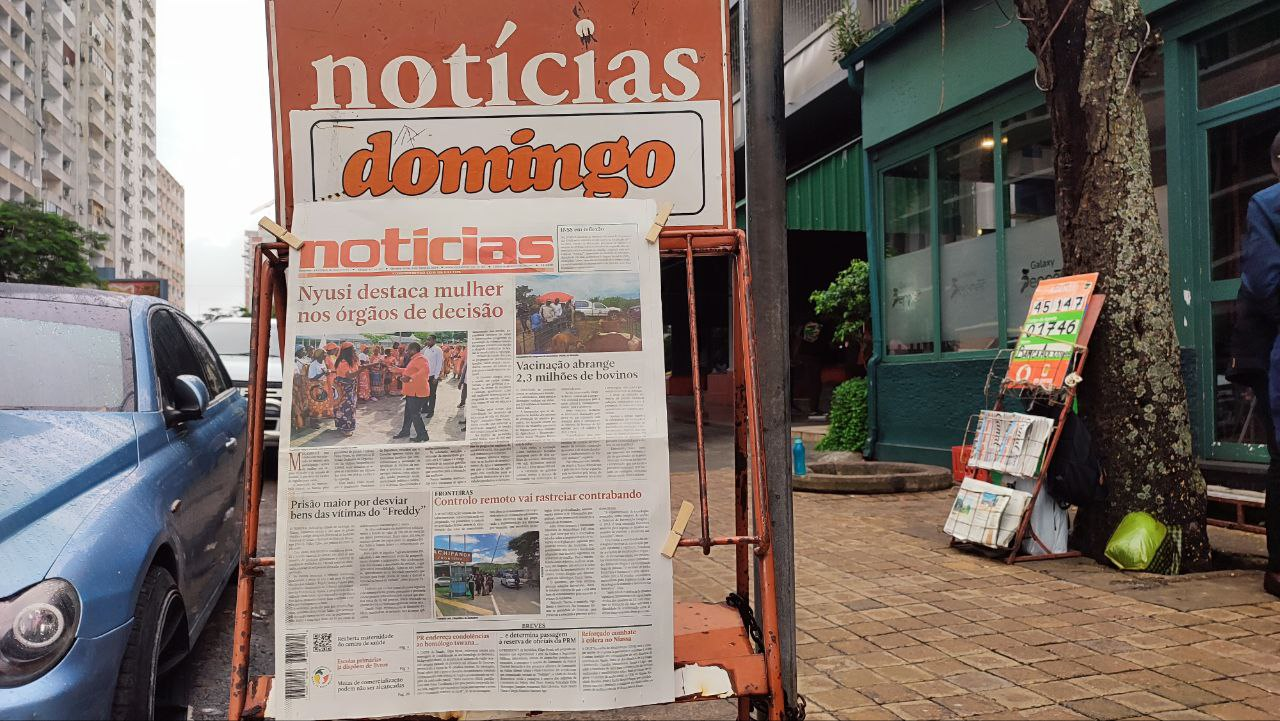
We need to talk about succession, says war veteran Monteiro (Savana)
A senior politician and war veteran of ruling party Frelimo has asked for the selection of Frelimo’s presidential candidate to be discussed at tomorrow’s meeting of the party’s Central Committee. Óscar Monteiro, a former minister in the first government of independent Mozambique, addressed President Filipe Nyusi at a meeting of the war veterans’ association this morning, and also called for the issue to be discussed at the meeting. Monteiro said: “I ask the president not to leave these great meetings without discussing the succession because it is too late and this could be harmful to the party”. According to newspaper Savana, Nyusi was apparently taken by surprise, and left the matter open, saying that Monteiro’s point was to be taken into account.
Zitamar News has been told that the matter of the presidential succession was accepted onto the agenda for both meetings. However, according to our sources, a vote on candidates should only happen at the Central Committee meeting to be held in May. The idea behind putting the subject on the agenda is to allow a wider discussion outside a more controlled forum such as the Central Committee, as well to give a chance to candidates not shortlisted by the Political Commission. The context for all this, as we discussed yesterday, is the conflict between the Nyusi camp, who want to promote one preferred candidate, and those who want to promote other candidates or simply to be allowed to have a real choice.
Friday
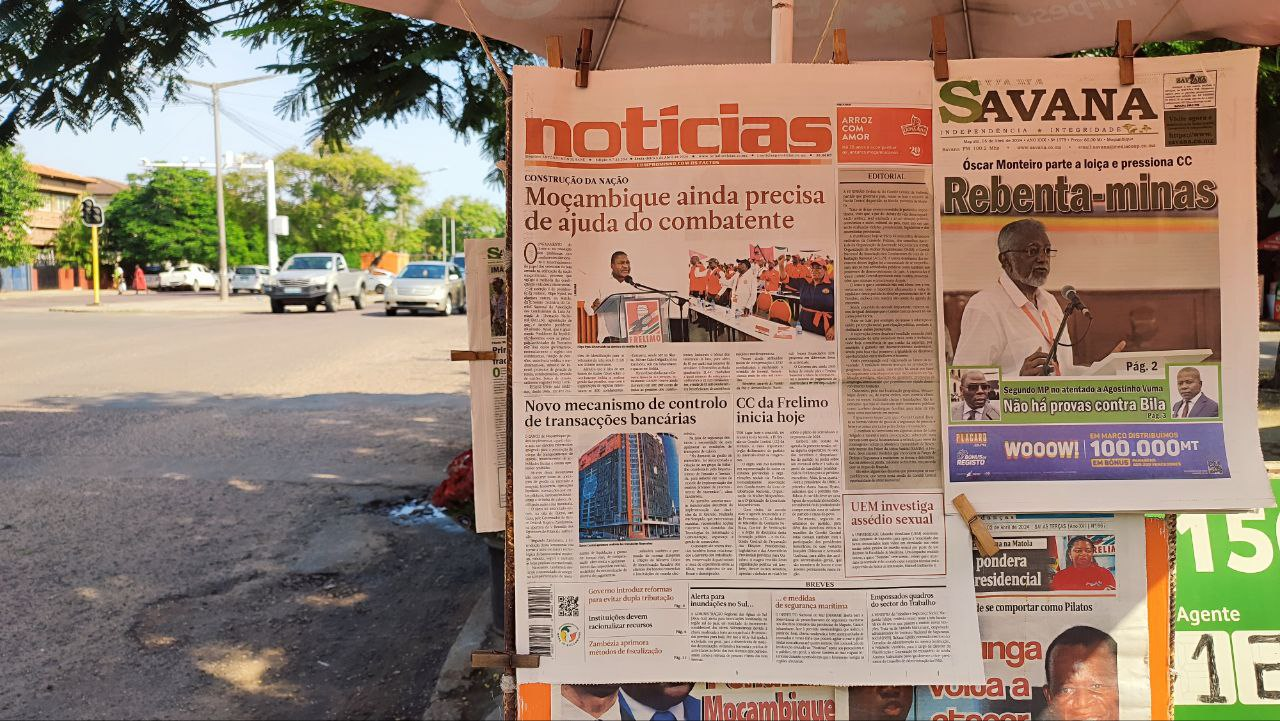
The voter registration system was set up after Mozambique’s first multi-party elections in 1994 to appease opposition party Renamo, which thought it would help prevent electoral fraud. Thirty years on, it is clear that it has failed to do so; on the contrary, the registration process itself is being manipulated to favour ruling party Frelimo. The system should be abolished or reformed, and the government should focus on issuing the existing general identity cards which can serve various purposes, including for elections, and which it has failed to provide to everyone so far.
24-31 March
Monday
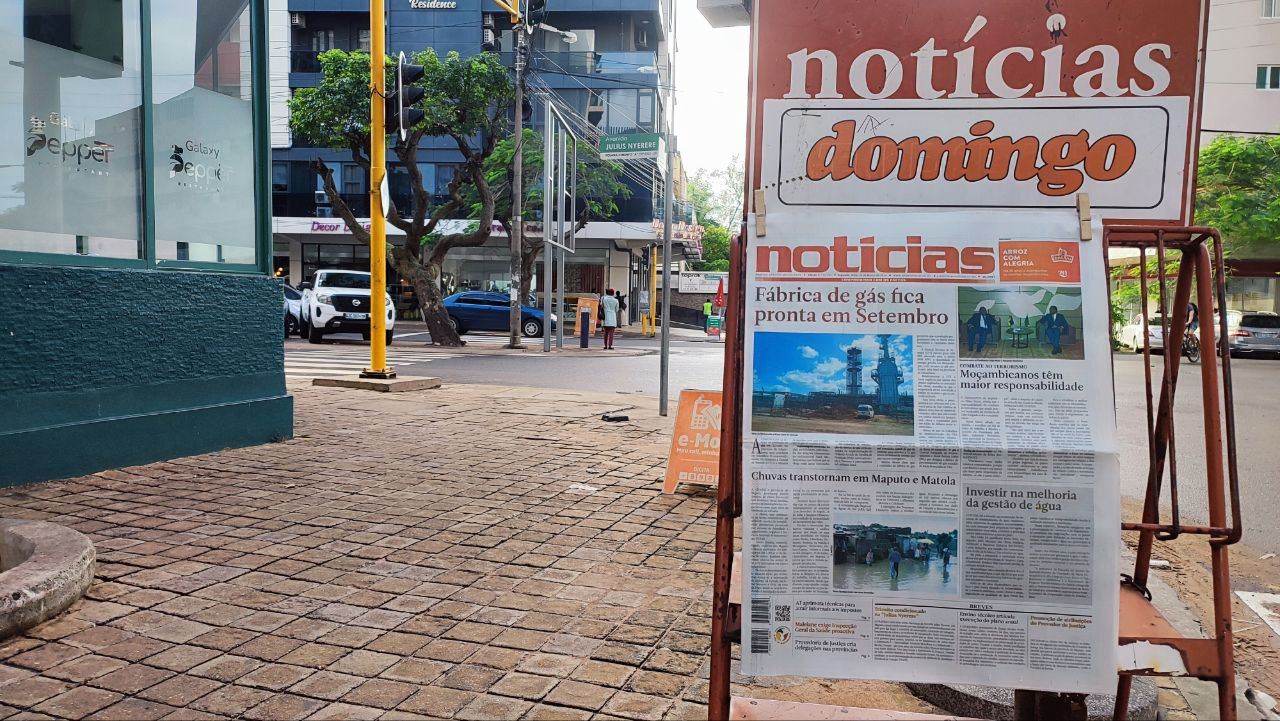
The scale of the human suffering remains to be seen: detailed information is hard to get for now, as many roads are impassable. It is likely however that there are people in need of rescuing who are not being attended to. We can only hope there will not be many more deaths as a result (at the time of writing, two have been reported).
In the longer term, lessons need to be learned. As well as improving drainage, housing on floodplains needs to be banned and the building of new housing elsewhere needs to be encouraged. Of all the natural disasters that strike Mozambique with depressing regularity, the effects of this one can be mitigated.
Tuesday
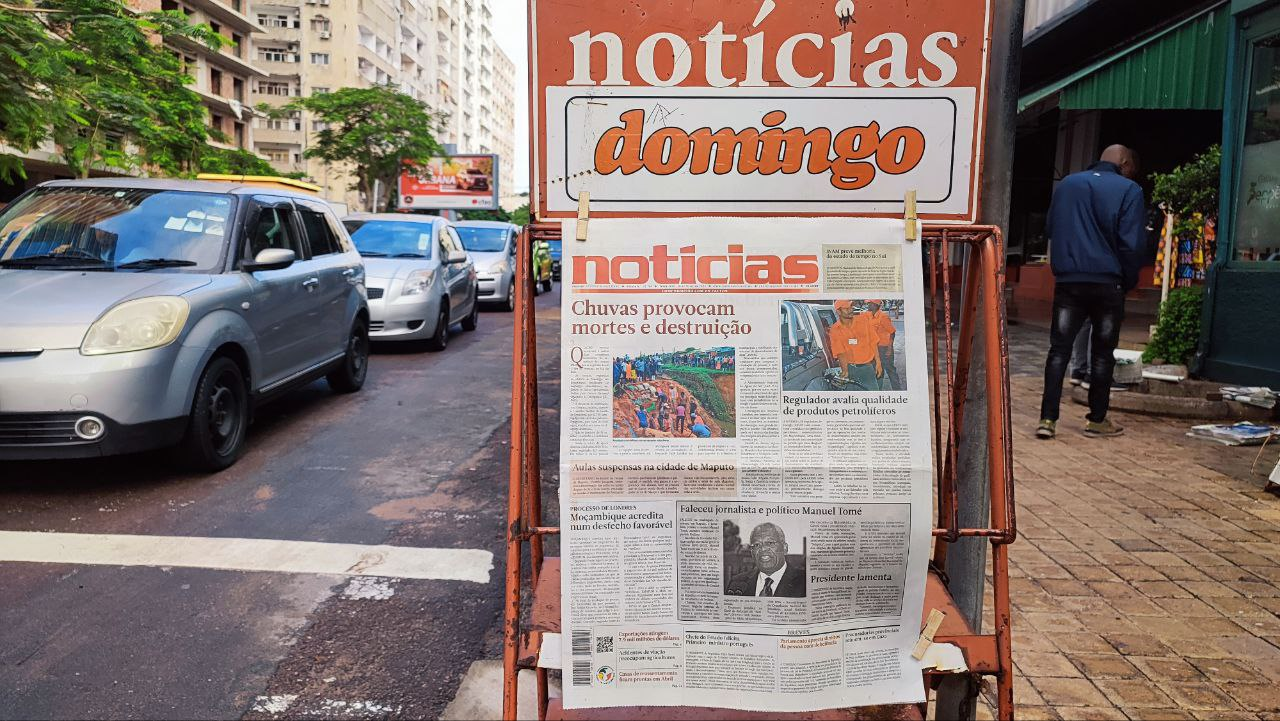
As well as demanding various improvements to non-basic pay arrangements, the union is calling for the government to provide the medicines, uniforms, operating theatre equipment and food supplies which it says are lacking. Some of those demands are controversial: doctors have claimed that medicines are not as scarce as the union makes out.
Like the previous strike, this one is likely to be felt only in big cities like Maputo and Matola. In rural areas with fewer healthcare options, health workers are vulnerable to pressure from local government to go to work.
If the healthcare workers are successful in getting their demands met, it could encourage doctors and teachers, who are unhappy with the government over missing pay, to go on strike as well. In an election year, will ministers feel able to refuse?
Wednesday
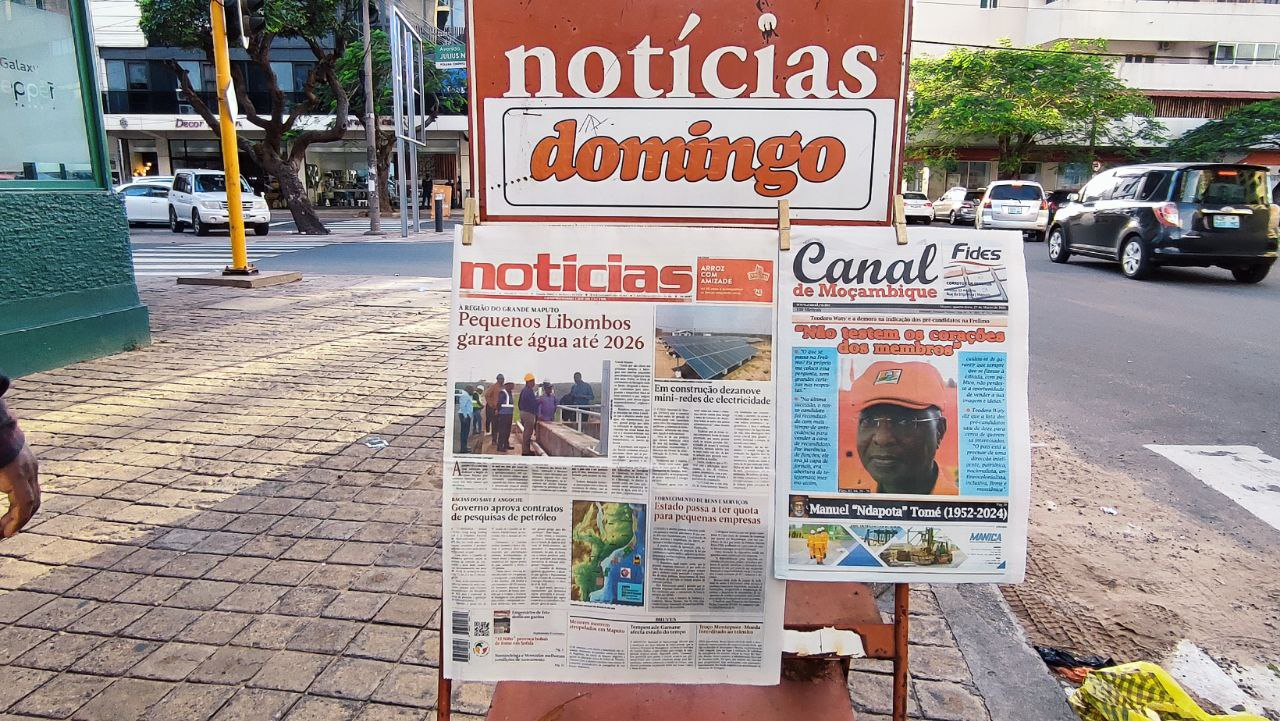
The insurgency may no longer be a threat to the town of Palma, the 2021 attack on which led to President Filipe Nyusi to agree to the force entering Mozambique; but it is still very much alive. Recently insurgents carried out an operation in the south of Cabo Delgado, causing over 100,000 civilians to flee and causing a new humanitarian crisis, with very little interference from security forces.
Unquestionably, there is still a job for the regional mission, known as Samim, to do. In fact, the phased withdrawal of Samim troops, which began in January, may well have encouraged the insurgents to step up their attacks. Why then is it leaving? The main answer seems to be that, despite saying nice things about Samim in public, the Mozambican government does not appear to want it there.
Thursday
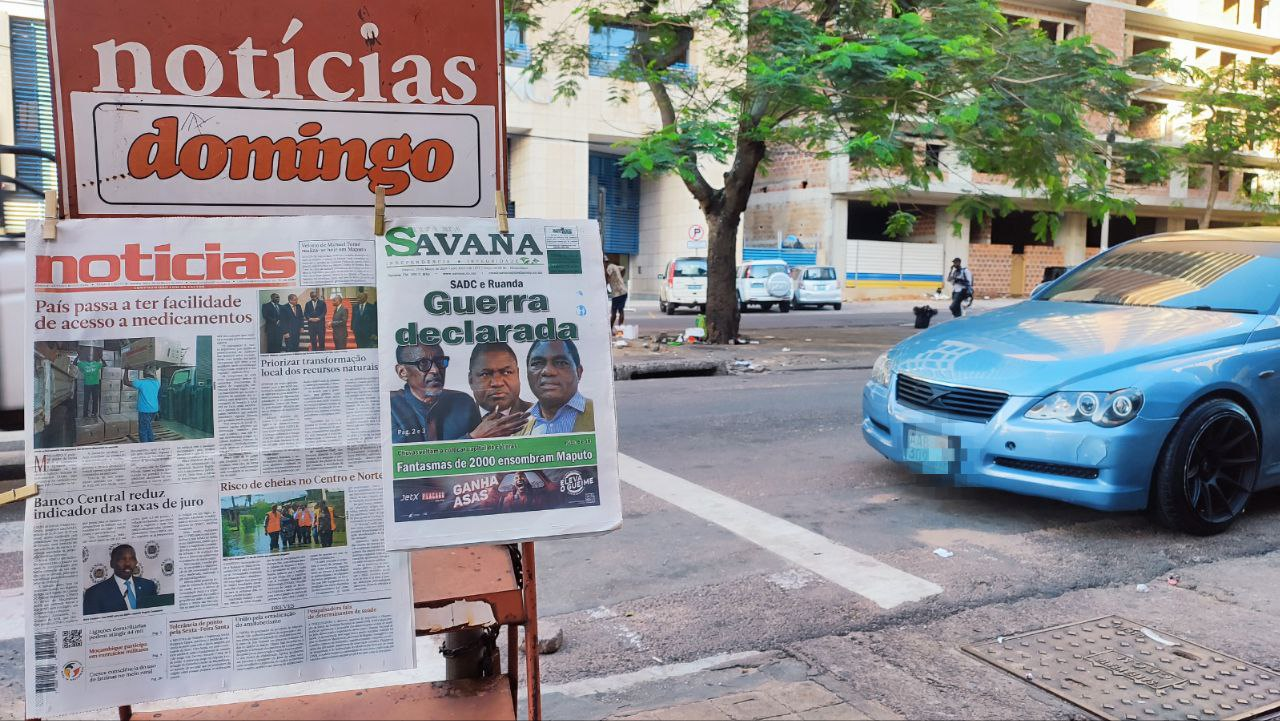
Interest rates remain high, however: the real policy rate (the interest rate at which banks borrow from the Bank of Mozambique) was about 25% last month, according to Standard Bank research. But drastic rate cuts without a growth in economic output would risk causing inflation, the central bank’s biggest fear, to jump back up again.
Growing that output beyond the mining and gas sectors means confronting Mozambique’s familiar weaknesses: low levels of education and skills, inadequate infrastructure and the consequences of a rapidly growing population. All those areas are to be targeted under the government’s current national development strategy. According to Standard Bank’s chief economist Fausio Mussa, the economic growth rates of 7-8% experienced by Mozambique in the past will not return without investment in infrastructure.








